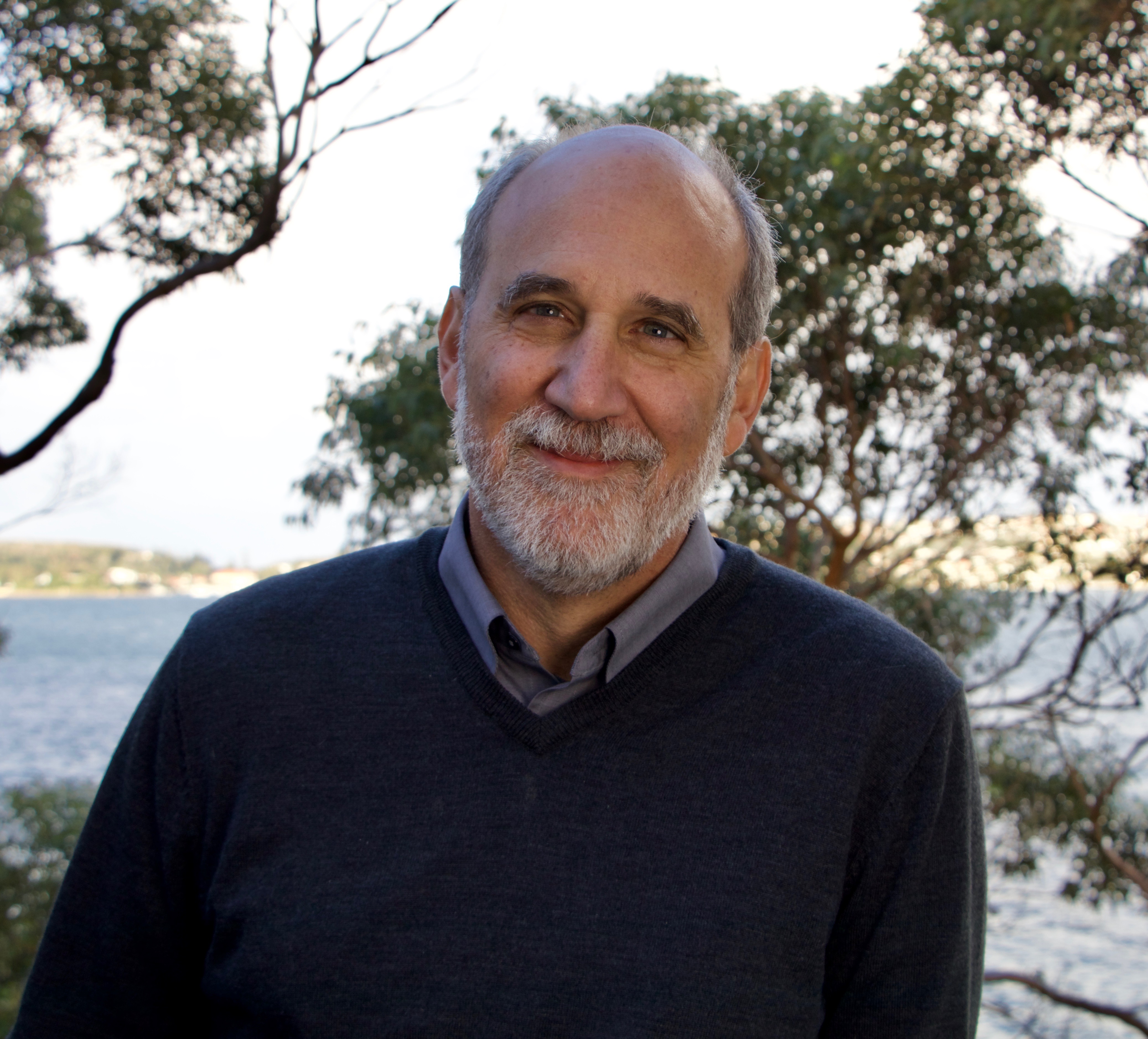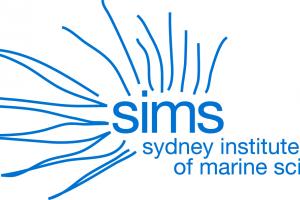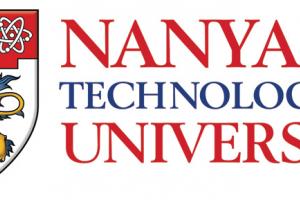
My Expertise
Seaweed ecology, restoration ecology, marine disease, marine microbial ecology, impacts of climate change
Fields of Research (FoR)
Marine and Estuarine Ecology (incl. Marine Ichthyology), Ecological Impacts of Climate Change, Community Ecology (excl. Invasive Species Ecology), Microbial EcologyBiography
1978: BSc. Zoology, University of Maryland (U.S.A.)
1984: PhD. Biology, University of California (U.S.A.)
- 2009 - 2020, Director and CEO, Sydney Institute of Marine Sciences (SIMS)
- 2010 - present, Visiting Professor, Nanyang Technological University, Singapore
- 2007 - 2009, CEO, Biosignal Ltd
- 2005 - present, Professor, UNSW
- 2003 - 2005, Head, School of Biological, Earth and Environmental...view more
1978: BSc. Zoology, University of Maryland (U.S.A.)
1984: PhD. Biology, University of California (U.S.A.)
- 2009 - 2020, Director and CEO, Sydney Institute of Marine Sciences (SIMS)
- 2010 - present, Visiting Professor, Nanyang Technological University, Singapore
- 2007 - 2009, CEO, Biosignal Ltd
- 2005 - present, Professor, UNSW
- 2003 - 2005, Head, School of Biological, Earth and Environmental Science
RESEARCH INTERESTSClimate change and diseases of marine organisms
In the last ten years the effects of disease on natural marine communities have become increasingly apparent, with organisms as diverse as seagrasses, seals and corals suffering from major disease-related die-offs. In a number of these instances human impacts via pollution or climate change are thought to have played a major role in the impact of these diseases. We are now investigating broadly the interplay between bacterial virulence and environmental factors such as temperature, light and nutrients, and natural bacterial inhibitors to understand the epidemiology and impact of disease on the ecology of kelps and other seaweeds.Restoration ecology and eco-engineeringMuch of my research focuses on both actively rehabilitating degraded habitats and on enhancing new, artificial ones (“the built marine environment”), consistent with an emerging global theme in marine science to be “proactive” in our efforts to sustain the marine environment. These projects include restoration kelp forests and green or eco-engineering of seawalls, and are all aimed at actively intervening in the marine environment in a positive way. Such approaches are consistent with the recently announced UN Decades of Ecosystem Restoration (2021-2030) and Ocean Science for Sustainable Development (2021-2030).
Synergies between marine ecology and environmental microbiology
Marine organisms are subject to a constant bombardment from millions of microbial cells typically found in every millilitre of seawater. Interactions between marine macro- and micro-organisms are important in structuring marine communities and have been linked to the evolution of chemical defences, the maintenance of genetic diversity and even the evolution and persistence of sex. Understanding marine prokaryote/ eukaryote interactions has implications for a remarkably diverse array of endeavours, from the preservation of marine biodiversity to an understanding of diseases of marine and aquatic organisms to the development of novel antibiotics. These studies overlap broadly across our entire research program and include a significant focus on biofillms, surface attached, largely sessile communities of microorganisms.Tropicalisation of marine communities
Sydney institute for Marine Sciences (SIMS)
Sydney Institute of Marine Science is a collaborative research and training institute bringing together scientists from four NSW universities plus state and federal marine and environmental agencies. SIMS conducts multidisciplinary marine research on impacts of climate change and urbanisation, biological diversity, fisheries, tourism, coastal development, and marine disease. By bringing together NSW's leading marine scientists at one collaborative site, SIMS maximises the efficient use of resources for research on Australia's critical coastal environments.
My Grants
|
2016 – 2020 2017 – 2019 2018 – 2020 2017 - 2019
|
ARC Linkage Grant (LP160100836) ARC Discovery Grant ARC Discovery Grant (DP180104041) NSW RAAP grant |
257, 000 385, 000 452, 000 820, 000
|
My Awards
1984 – 1985 Fulbright Fellowship
1986 – 1988 Queen Elizabeth II Post-doctoral Fellowship
2000 CRC Commercialisation Award, Aquaculture Biofouling Project
2017 Australian Marine Science Association, Silver Jubilee Award for Outstanding Contributions to Australian Marine Science
2017 Eureka Award Finalist, Environmental Science
2017 NSW Green Globe Award, Natural Environment
2018 University of Bologna Institute for Advanced Studies, Senior Visiting Fellow
2020 Web of Science Highly Cited Researcher

